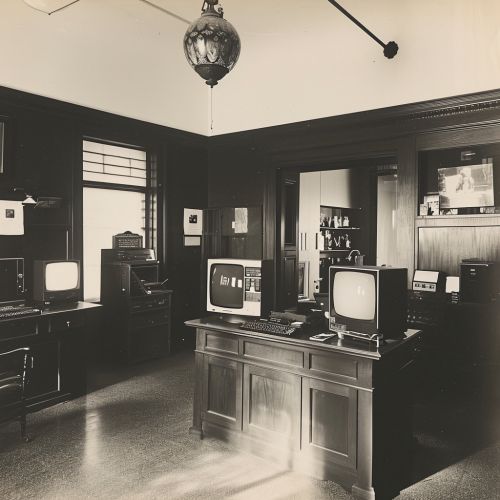American Public Television
History
American Public Television (APT) is a leading syndicator of high-quality, top-rated programming to the nation's public television stations. Founded in 1961, this public broadcasting service has a rich history of providing public television stations with a wide range of programming.


APT was established in response to the Federal Communications Commission's (FCC) report on "Broadcasting in the Public Interest". The report highlighted the need for non-commercial educational programming. APT was initially known as Eastern Educational Network and was later renamed to American Public Television in 1999.
Programming
APT's programming includes a diverse range of genres such as documentaries, news and public affairs shows, dramas, how-to programs, children's series and classic movies. APT also licenses programs internationally through its APT Worldwide service. Some of the notable series distributed by APT include Nova, Masterpiece, and Frontline.


Distribution
APT distributes its programs to nearly 350 public television stations in the United States. The organization also distributes to a range of digital, mobile and web-based platforms. APT's digital offerings include APT Online and APT2, a 24/7 channel featuring the best of public television's lifestyle, drama, science, history, and news programming.
Impact
APT has been a major force in shaping the content of public television in the United States. It has been instrumental in bringing high-quality, educational programming to millions of viewers across the country. APT's commitment to enriching the lives of its viewers is reflected in its diverse and high-quality programming.


